“Organic” is a word that gets thrown around a lot — on food packaging, café menus, and coffee bags lined up on supermarket shelves. But when it comes to coffee, what does organic actually mean? Is it just a marketing label, or is there a real difference in the way it’s grown, the way it tastes, and the impact it has on the world?
If you've ever wondered whether organic coffee is worth the fuss (or the price tag), you're not alone. Let’s take an honest look at how organic coffee is different — and whether it really matters.
What Does “Organic Coffee” Actually Mean?
To be labelled certified organic, coffee must be grown without synthetic fertilisers, pesticides, or genetically modified organisms (GMOs). Instead, farmers rely on natural methods — composting, shade-growing, crop rotation, and biological pest control — to nurture the plants and soil.
But it’s more than just skipping chemicals. Organic certification also covers:
-
Soil health
-
Biodiversity and ecosystem protection
-
Sustainable water use
-
Buffer zones to prevent contamination from non-organic farms
In other words, true organic farming is a whole ecosystem approach — not just a checklist.
Is Organic Coffee Healthier?
There’s no conclusive evidence that organic coffee has more nutrients or fewer toxins in the final cup, but it’s about what’s not in the environment where it's grown. Fewer chemicals means:
-
Less environmental runoff into rivers and soil
-
Healthier conditions for farmers and surrounding communities
-
A more stable ecosystem for birds, insects, and plant life
So while it might not change your personal health in a dramatic way, it makes a real difference to the health of the planet and the people producing it.
Does Organic Coffee Taste Better?
This is where it gets interesting — and subjective.
Organic farming methods tend to encourage slower, more natural growth, especially on small-scale, shade-grown farms. That means beans often develop more complexity and character.
That said, organic certification alone doesn't guarantee flavour quality. You still need proper processing, skilled roasting, and storage — which is why it’s best to look for organic coffee from small, quality-focused roasters, not just the word “organic” on a supermarket bag.
What About Cost?
Yes, organic coffee often costs more. Certification is expensive, especially for smallholder farmers. The paperwork, inspections, and time involved are significant — which is why some excellent farms use organic practices but aren’t certified (we’ll come back to that).
The price you pay helps cover:
-
Better pay for farmers
-
Investment in more sustainable growing practices
-
The long-term environmental impact of better land management
It’s a vote for a system that values quality over volume — and that has real weight.
Are All Organic Coffees Certified?
Here’s the grey area. Some farms grow their coffee 100% organically — using no chemicals, maintaining healthy shade cover, supporting biodiversity — but aren’t certified due to cost or access. That doesn’t mean their coffee isn’t sustainable. It just means it hasn’t gone through the official hoops.
At The Aviary, for example:
-
Jungle Breeze (Honduras) is certified Organic, Fairtrade, and Bird Friendly — a triple-certified example of what organic coffee can look like at its best.
-
Morning Mist (Kenya) is organically grown on high-altitude farms using traditional methods, but not certified. Still sustainable. Still beautiful. Still worth supporting.
So… Does It Really Matter?
Yes. If you care about the environment, soil health, biodiversity, or the long-term future of coffee farming, then yes — choosing organic (especially from small roasters who can trace their beans) matters a lot.
But more than the certification, what matters most is the story behind the coffee. How it was grown. Who grew it. And whether the brand you're buying from truly cares.
Final Sip
Organic coffee isn’t a magic solution. But it’s a meaningful step toward a more sustainable and respectful coffee industry. And when paired with great sourcing, thoughtful roasting, and transparency, it’s one of the best ways to make your morning brew a little better for everyone.
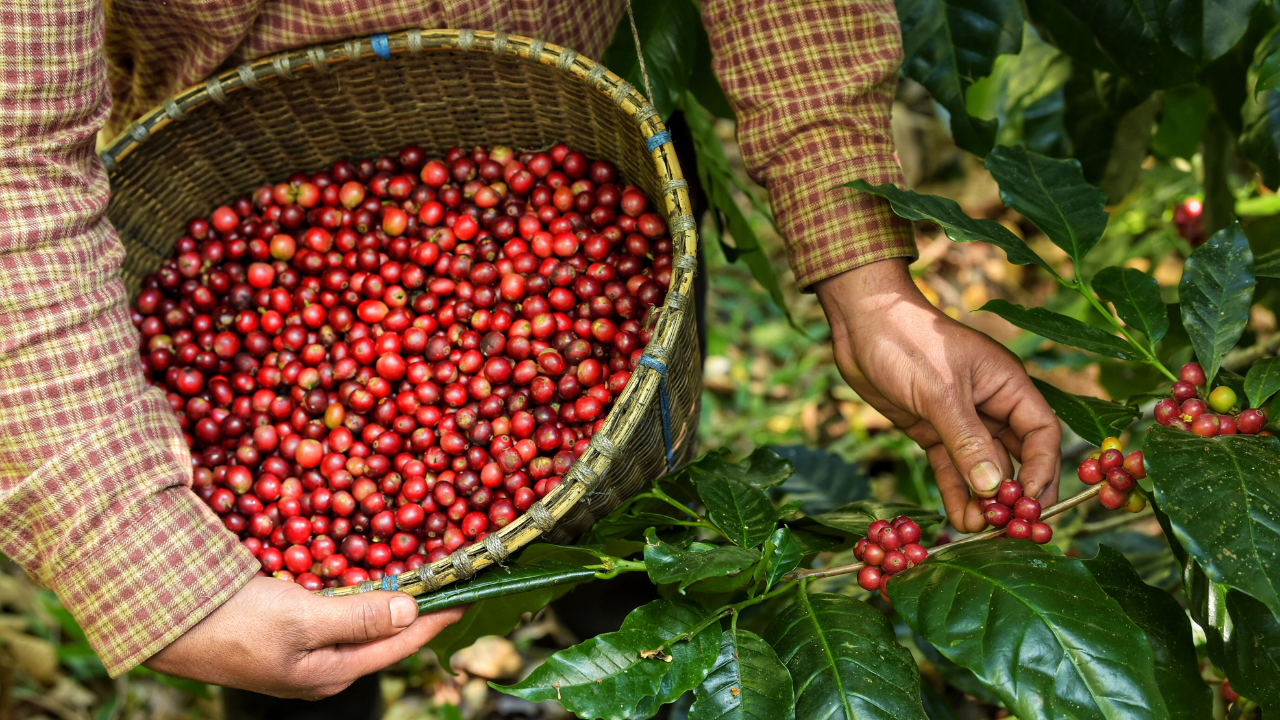
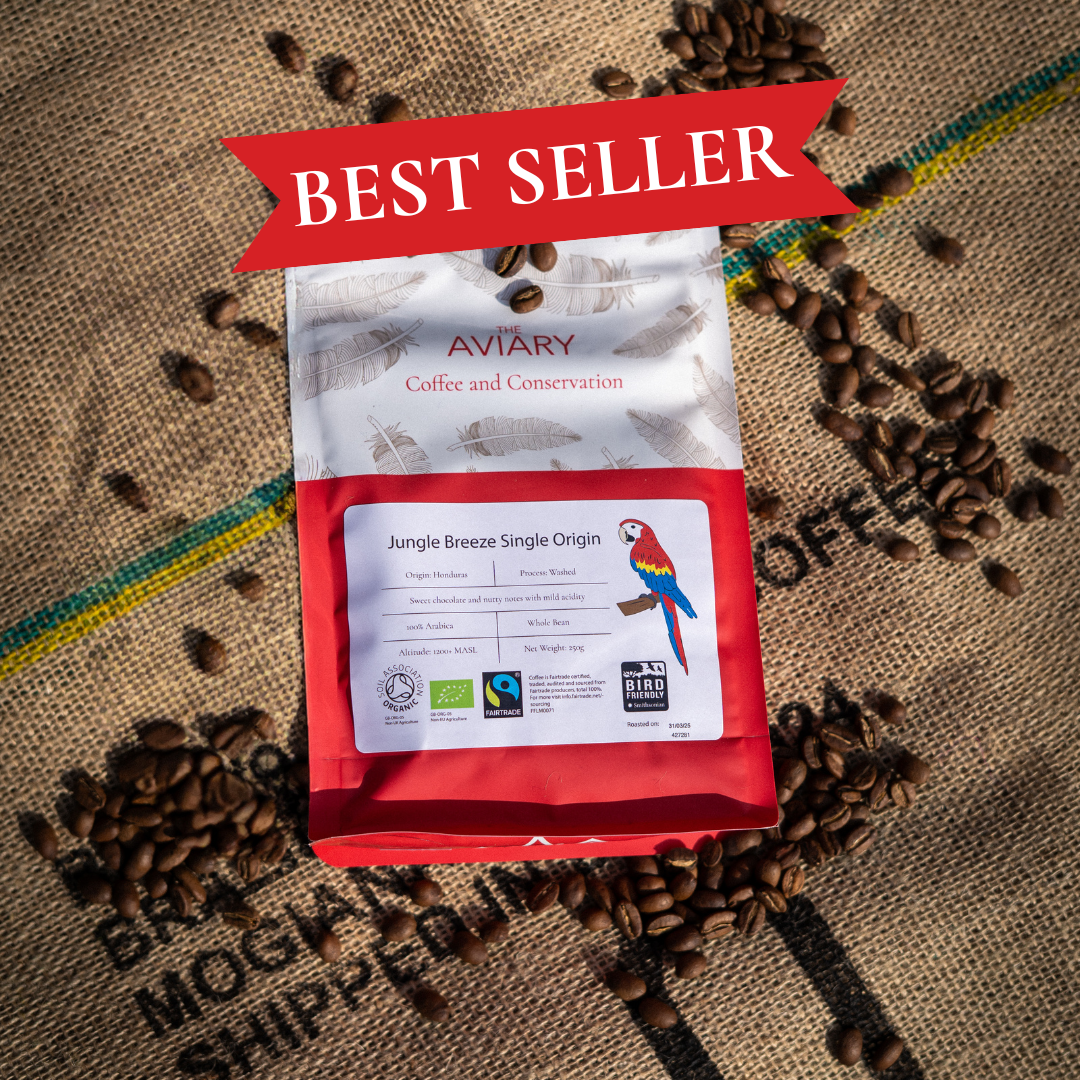
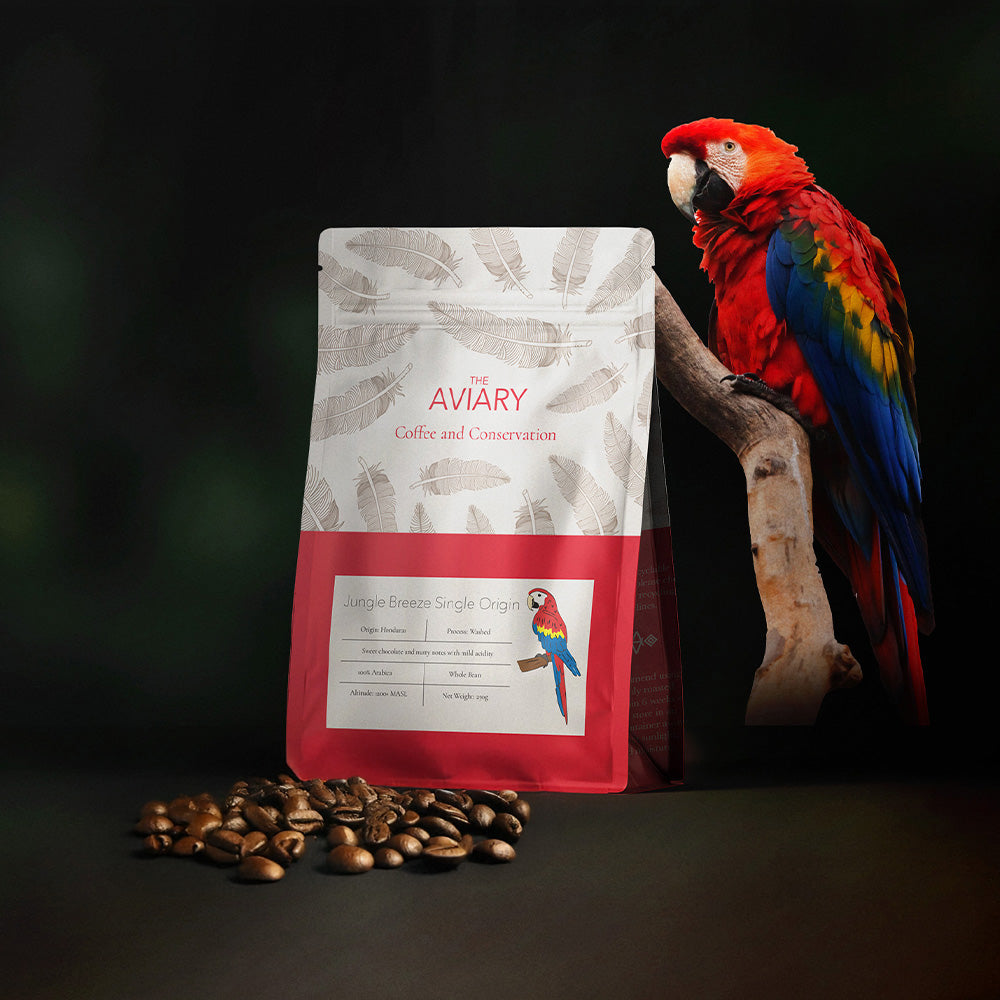

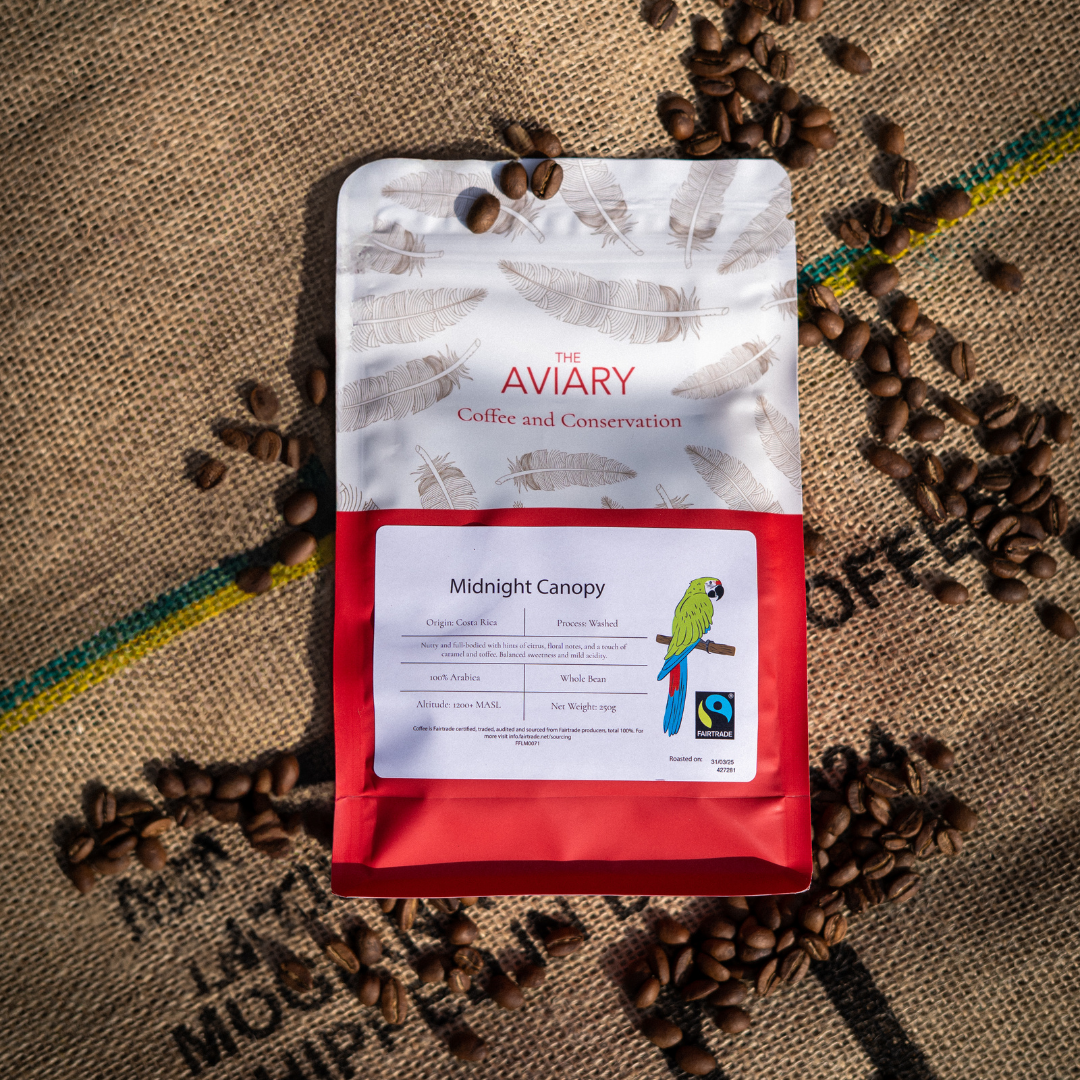
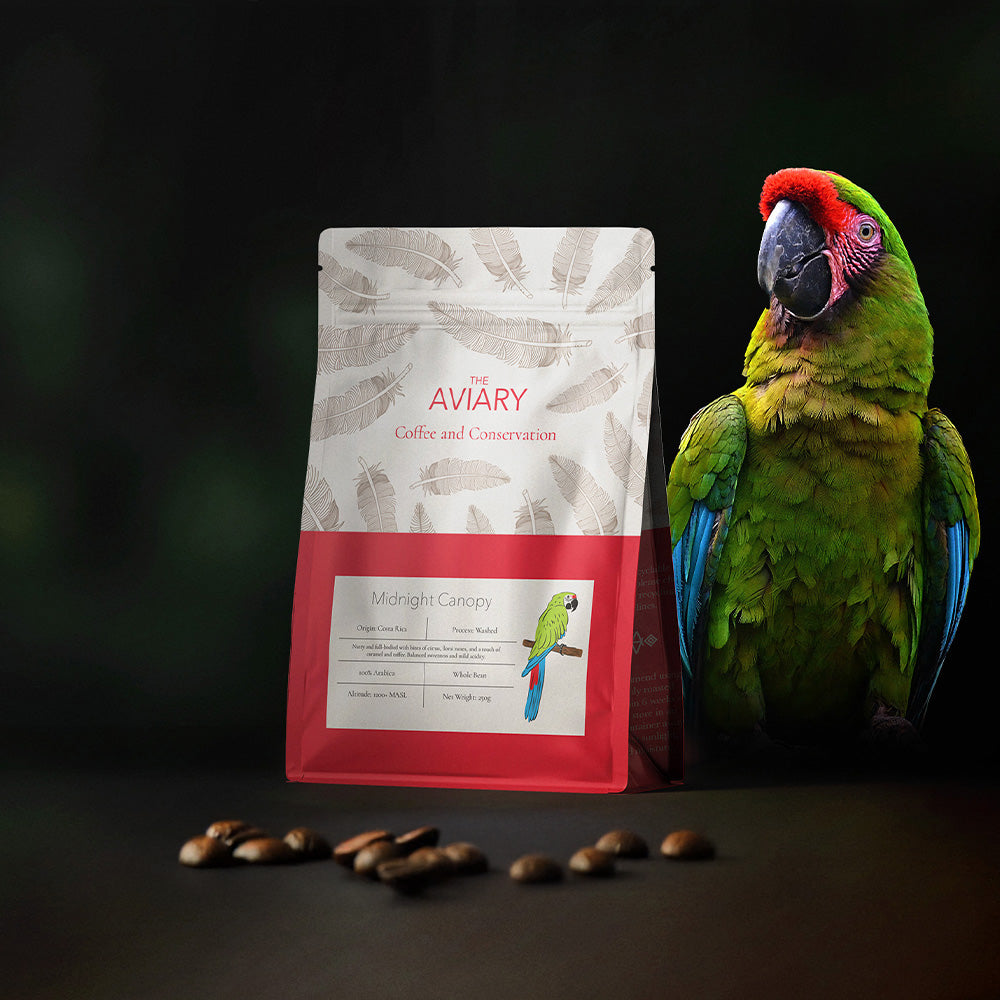
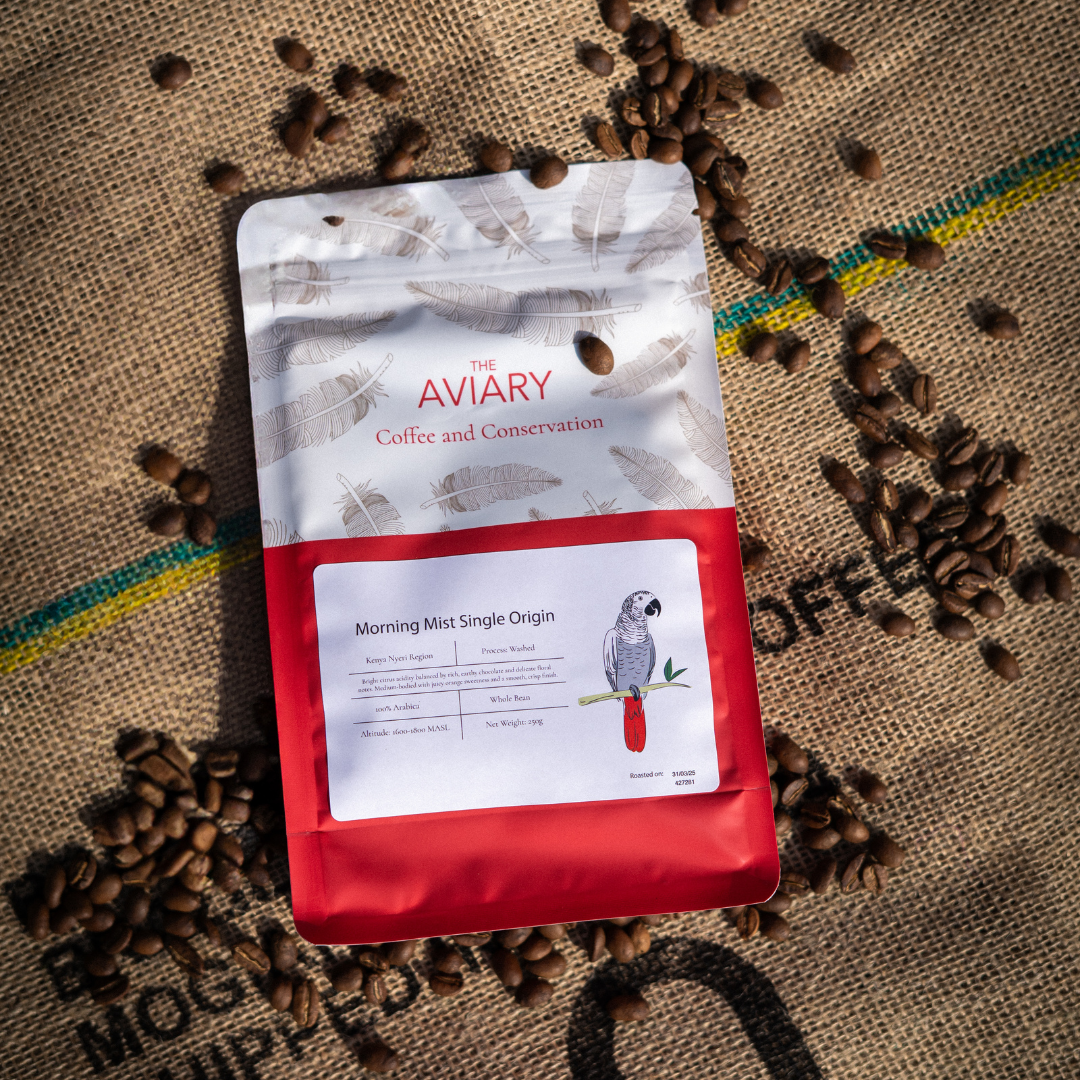
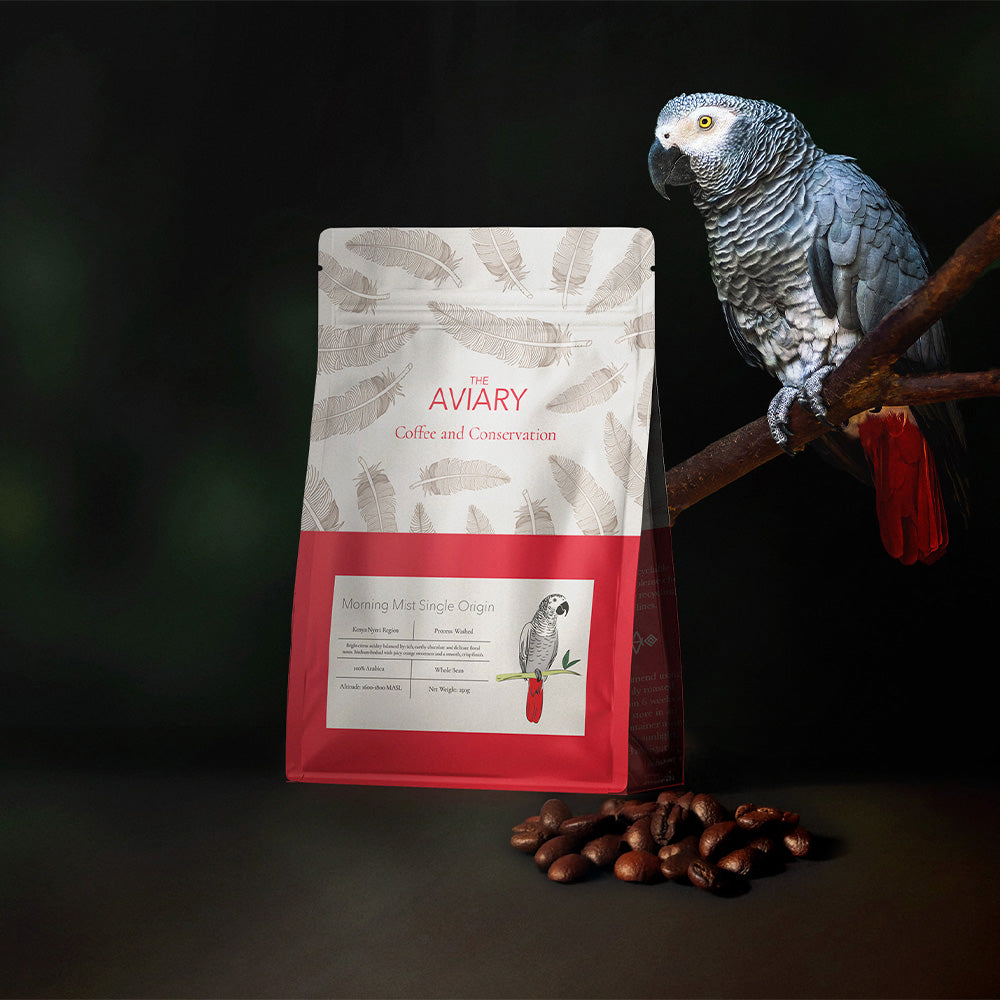

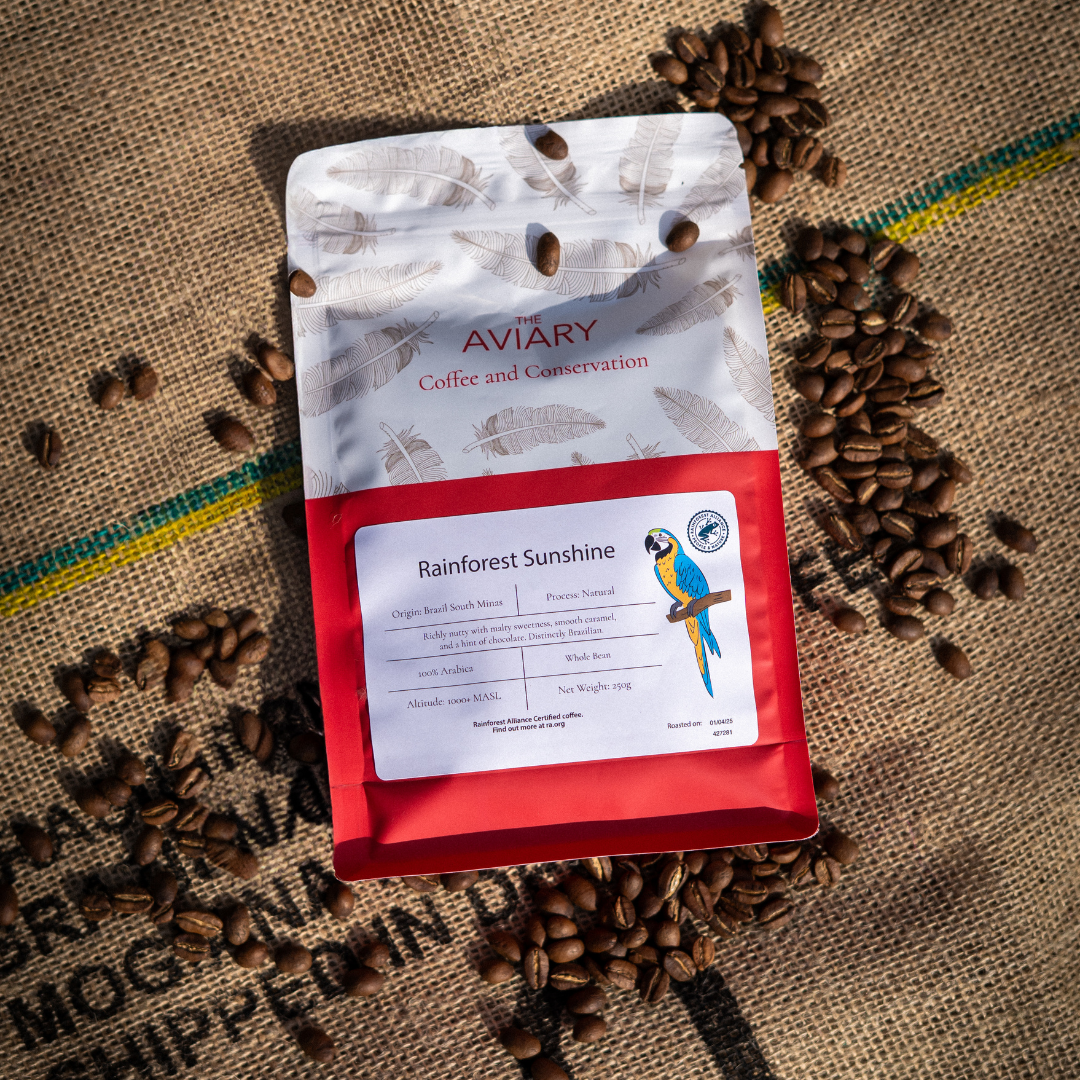
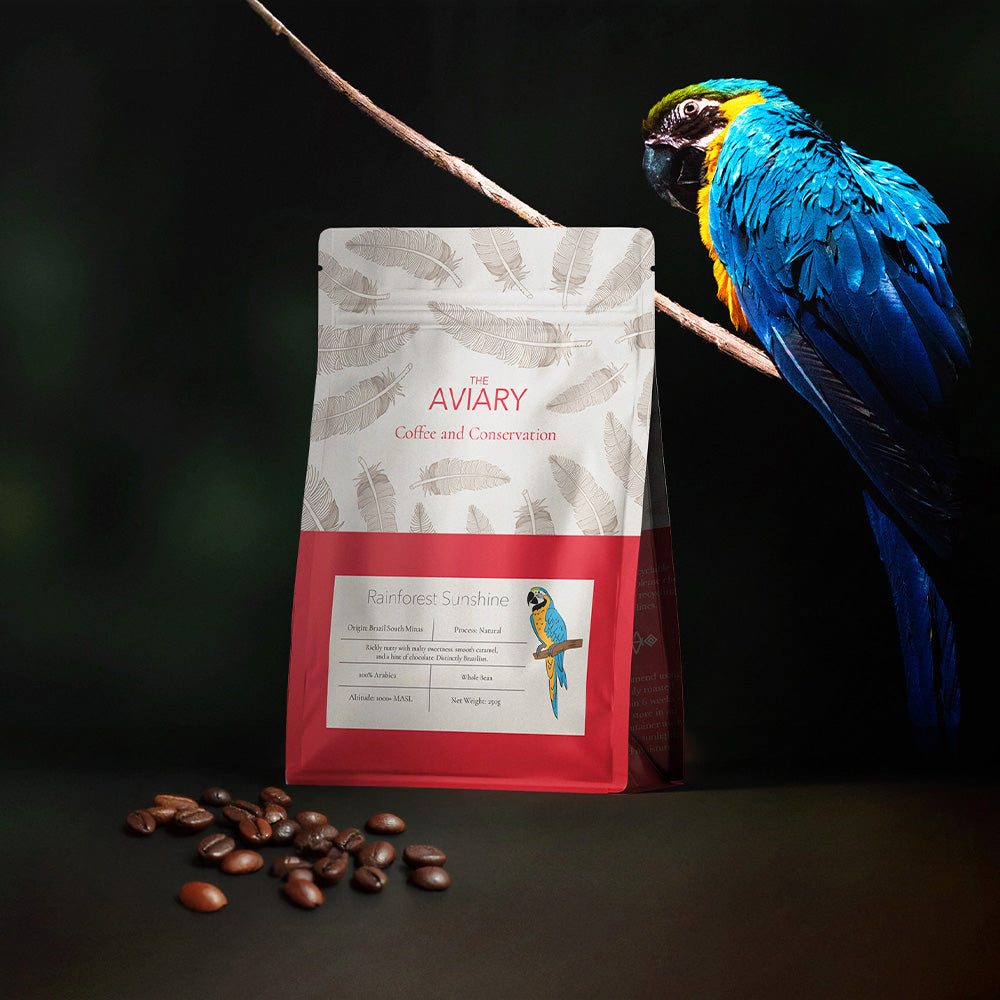

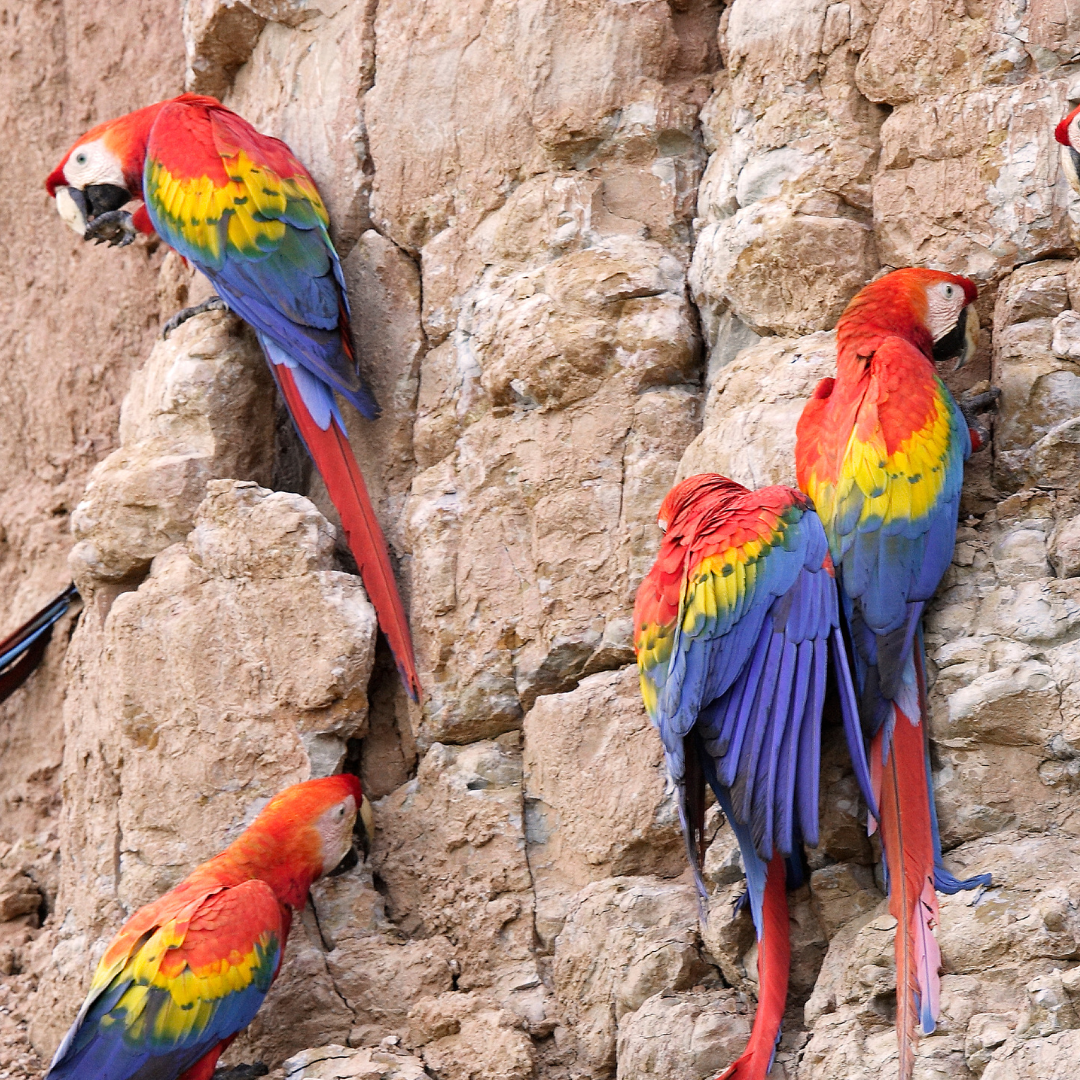
0 comments